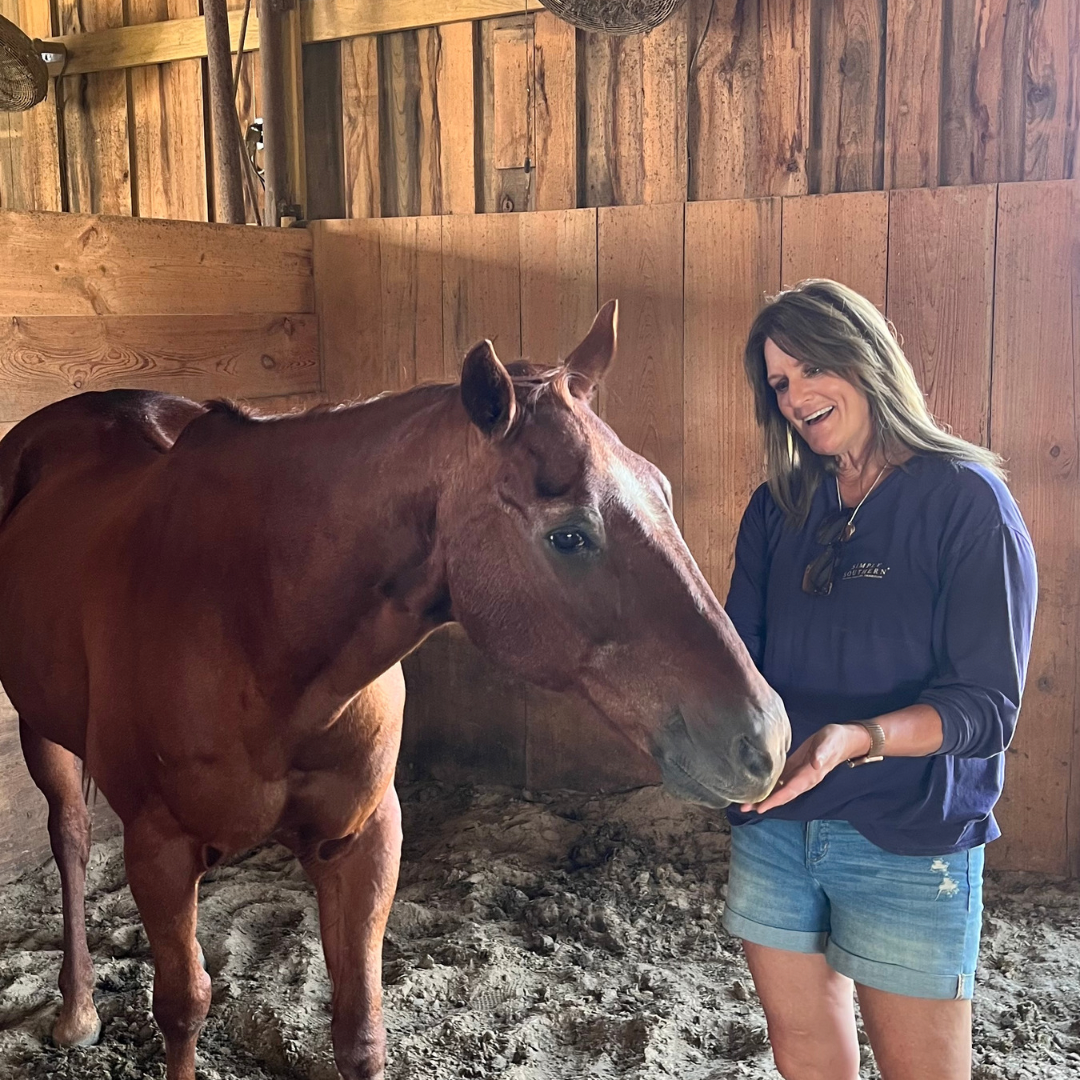Giving Thanks, a Christmas Adventure – Day Six

If we’re going to live thanksgiving in the good and the hard, we’ll need to guard against Satan’s continual temptation that we deserve “the other tree”, something other than what we’re experiencing. And we’ll do it by following Job’s example and living in acknowledgement of God’s omnipotent rule over all that concerns us. Without this full eucharisteō in our hearts, we will always fall back to the default setting of acknowledge me. In every ungrateful, frustrated, painful moment of our lives we have an opportunity to acknowledge ourselves and fellowship with our own issues, or acknowledge God and fellowship with Him.
Every drama/trauma brings with it a choice to consecrate the moment and see it become holy unto the Lord, eucharisteō, or squander the opportunity to taste that hidden sweet joy of His fellowship in the middle of it. It’s my choice, it’s your choice, I just want us to realize we’re choosing!
In Philippians 4:11, Paul said, I have learned to be content in whatever circumstances I am in. I know how to get along with humble means, and I also know how to live in prosperity. The great Apostle Paul learned this response? I don’t know about you, but that gives me hope! Just how did he learn it? I want to examine his life closely that I might learn the secret, too!
Paul is clear. The trap of ingratitude is set by both ease and lack, poverty and prosperity, everything going right and everything going wrong. But whether we have little or much one thing is for sure. We won’t live contented lives without eucharisteō, without constantly acknowledging and ceding to God’s rule. I’m not recommending resignation and I’m not suggesting we have a negative attitude that says, “This is just how it is, and I can’t ever expect more.” I’m talking about true contentment. Whether we have little or much, whether everything is right or everything is wrong, our joy will hinge on whether we learn to live eucharisteō.
I’ve been long convinced that our lives pivot on our wills, whether we’ll choose little “i” to sit on the throne of our lives instead of yielding to the “I Am”. I still think that’s true, but I find myself wondering what makes us so susceptible to the tyrant of the little “i”? I think we’re looking at it.
Embedded in little “i” is this beast of ingratitude that says, “I deserve.” It’s our refusal to acknowledge that we’re obligated to God for everything. We’ll never learn to thank God in all things, until we’re convinced He owes us nothing.
Listen again to that wording from Deut.29.19 “…And so it may not happen that when he hears the words of this curse that he blesses himself in his heart, and says I will have peace though I follow the dictates of my own heart.” Something very sobering (and frightening) happens when we decide to let little “i” have his or her way and give ourselves permission to do what we want above what God requires. The Word says this man blesses himself. To bless means to hallow, consecrate, praise or glorify! Let me spell that out: When we choose our ways over His, we deify ourselves. OUCH!
Now would be a good time to examine the precise pull of the temptation as recorded in Genesis 3:5, the infamous one that snared Eve. The enemy convinced her that she would be like God. “For God knows that in the day you eat from it your eyes will be opened, and you will be like God, knowing good and evil.”
That’s the very allure of self-deification little “i” craves. Yes, they gave in to the temptation of the forbidden fruit because they were seduced by the idea that something was being withheld from them, and it was something they deserved, but it’s no coincidence that it also promised to make them like God. Independence from God’s authority, self-rule, the same trap is set for us today.
Had Eve chosen instead to give thanks, to acknowledge what she had was from God and she was therefore obligated to His “don’t eat of that tree” rule, and been found expressing that gratitude, living eucharisteō, the enemy wouldn’t have gotten the victory. Had Adam chosen instead to give thanks the enemy wouldn’t have gotten the victory. We’d do well to read that sentence with our own names in it. If in a moment of trial or testing, (frustration or irritation) I acknowledge God by conceding obligation to HIS rule and express this in eucharisteō, the devil doesn’t get the victory, I DO! We’re going to see this more and more. We’re about to see what this desire for more looks like in our lives and what it leads to but first, let’s recap.
First point: the first crossroad of every man is to acknowledge Him and live eucharisteō, expressing thanksgiving.
Point Two: Living Thanksgiving, practicing acknowledgement, gives God glory, sustains fellowship—and is the ongoing challenge of our lives.
Point Three: We won’t be content with anything without Living Thanksgiving but if we are Living Thanksgiving we can be content regardless.
We’ll look at Point Four tomorrow: Ungratefulness is sin and left untended it always leads to greater sin.




